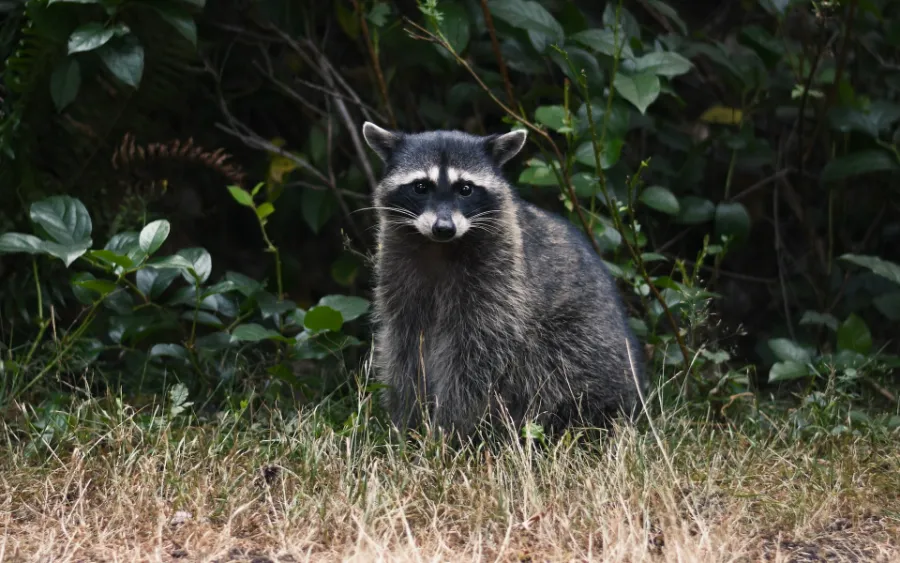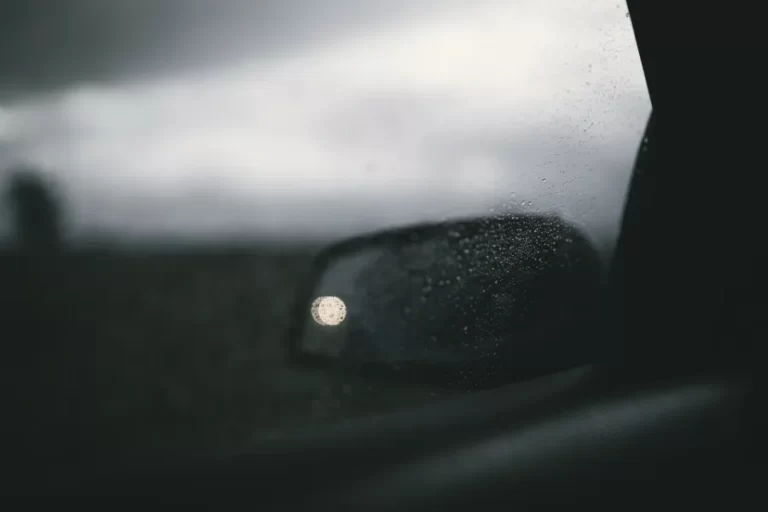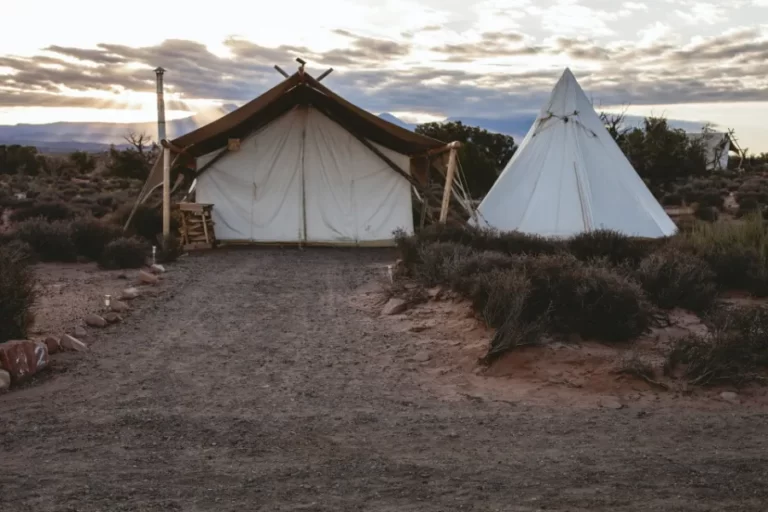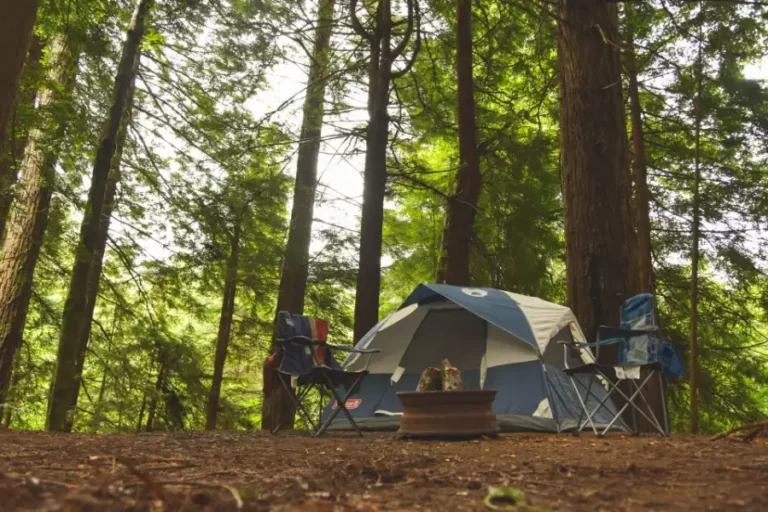How Might Campers Protect Their Food From Raccoons?

Last updated on April 11th, 2023 at 05:00 pm
Raccoons don’t just rummage through your garbage; they will also raid your campsite for food. These masked bandits can wreak havoc on your carefully planned camping trip if you’re not careful. So, how might campers protect their food from raccoons?
They have to store food in a smell-proof and durable container, such as an airtight food bag, plastic container, or metal can.
Some people swear by the hanging food bag method, where you suspend your food from a tree limb with a rope or use heavy-duty bear canisters. The trick is to ensure your food is well out of reach of these pesky critters.
Various Ways Campers Can Protect Their Food from Raccoons?

1. Store food in airtight, smell-proof containers
One way raccoons will know you have food at your campsite is by the smell. Even though their smell isn’t as strong as a bear’s, it’s still powerful enough to sniff out food as far as a few meters from the campsite.
One way to deter them is by storing your food in airtight, smell-proof containers. This includes plastic containers, metal cans, or even vacuum-sealed bags. You will eliminate the smell, making it much harder for raccoons to find your food.
2. Hang your food from a tree
If you’re worried about raccoons getting into your food containers, then another option is to hang your food from a tree. However, these small mammals are excellent climbers, so you must ensure your food is well out of their reach.
Using a rope or cord, the best way to do this is by suspending your food bag from a tree limb. You can also use heavy-duty bear canisters to keep animals out. Pick a spot that will keep not only raccoons away but also other animals such as squirrels, chipmunks, and birds.
3. Use the campsite storage locker
If your campsite has a storage locker, take advantage of it. These units are usually metal or concrete and have a secure latch to keep animals out. They are mostly built to keep the camping area clean but can provide an extra layer of protection for your food. You can also find storage lockers with a padlock, giving you peace of mind.
4. Keep a clean campsite
Another effective way campers can deter raccoons from reaching for their food is by keeping your campsite clean and free of food scraps. That means disposing of any crumbs or food wrappers lying around, as this will only attract raccoons and other animals to your site. Follow the campsite waste disposal rules to ensure you’re not leaving anything behind that could attract animals.
Avoid burning food waste in a fire as this can also attract animals to your campsite. The fire will spread the smell of food, which raccoons and other animals can follow to your campsite. The best way to dispose of food waste is by packing it out with you or burying it.
Burying the food waste will not help either. Raccoons have enough sense of smell and can easily dig up buried food. If you bury the food, make sure to do it at least 200 feet from your campsite.
5. Use raccoon-resistant garbage cans
How you store your garbage can also determine whether raccoons will be successful in raiding your campsite. Regular garbage cans with a lid are insufficient to keep these animals out. They are resourceful and can easily pry the lid off in search of food. Instead, invest in raccoon-resistant garbage cans. These garbage cans have a locking lid to prevent raccoons and other animals from getting inside.
You can also buy bear-resistant garbage cans made of heavy-duty materials designed to keep animals out. These cans are usually more expensive but are worth the investment if you’re constantly dealing with raccoons getting into your garbage.
6. Keep shiny stuff out of site
It’s not just the smell of food that will attract raccoons to your campsite; they are also attracted to shiny objects. Those include keys, aluminum foil, and even toothpaste tubes. If you’re leaving any of these objects out in the open, a raccoon will likely find them and make a mess of your campsite.
You can avoid this by keeping these objects out of sight or securely storing them away. If it’s something you will be using again during your trip, like toothpaste, make sure to put it away as soon as you’re done with it.
7. Deter the raccoons from invading your campsite
Unless you went camping to dine with these small, nocturnal creatures, chances are you don’t want them raiding your campsite. If you find raccoons hanging around or getting too close for comfort, you can do a few things to deter them.
- One way is to make loud noises such as banging pots and pans together or shining a flashlight at them.
- You can also try spraying them with water from a hose or spraying them with a vinegar-water solution. The smell of vinegar is unpleasant for raccoons and usually sends them running in the other direction.
8. Protect your campsite using repellants
If you want to take an extra measure to protect your campsite, you can use animal repellents. Many different types of repellents are available on the market, so do your research to find one that will work best for raccoons.
One popular repellent is ammonia. You can soak some rags in ammonia and place them around your campsite. The strong smell of ammonia will deter raccoons from getting too close.
You can also try using ultrasonic devices. These emit high-frequency sounds that are only audible to animals. The sound is unpleasant and will usually keep them away from your campsite.
You can also DIY natural repellents using ingredients like cloves, peppermint oil, and cayenne pepper. These repellents won’t harm the raccoons but will make your campsite unappealing to them. However, be careful not to use too much. Some reports say the spray might attract animals, including bears if the mixture is too strong.
FAQs
Conclusion
Raccoons are clever animals and often return to a site where they’ve found food. So, if you want to keep them away, it’s important to be diligent about keeping your campsite clean.
- Best 12V Portable Camping Fridge - August 13, 2024
- How to Insulate Slides on an RV - February 8, 2024
- How Much Water Does an RV Use Per Day? Understanding Your Daily Consumption - February 8, 2024






